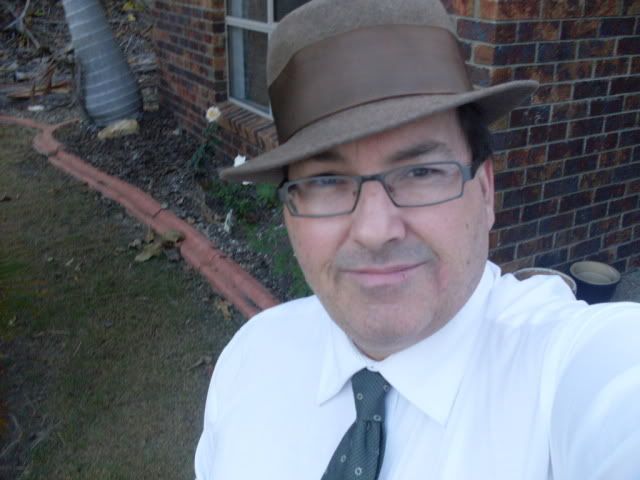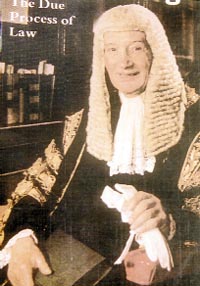Ephraim Tutt
One Too Many
- Messages
- 1,531
- Location
- Sydney Australia
Most appropriate Brother Tortswon!
I think one of my favourite episodes was the one involving some special occasion in Chambers where the members were invited to bring along those who had made a major contribution to the Chambers over the years. Naturally, each brought members of the Establishment - judges, politicians, leading citizens of all sorts.
And just as naturally, Rumpole invited the Timsons - the family of petty crims that had kept him gainfully employed defending them for decades.

I think one of my favourite episodes was the one involving some special occasion in Chambers where the members were invited to bring along those who had made a major contribution to the Chambers over the years. Naturally, each brought members of the Establishment - judges, politicians, leading citizens of all sorts.
And just as naturally, Rumpole invited the Timsons - the family of petty crims that had kept him gainfully employed defending them for decades.








